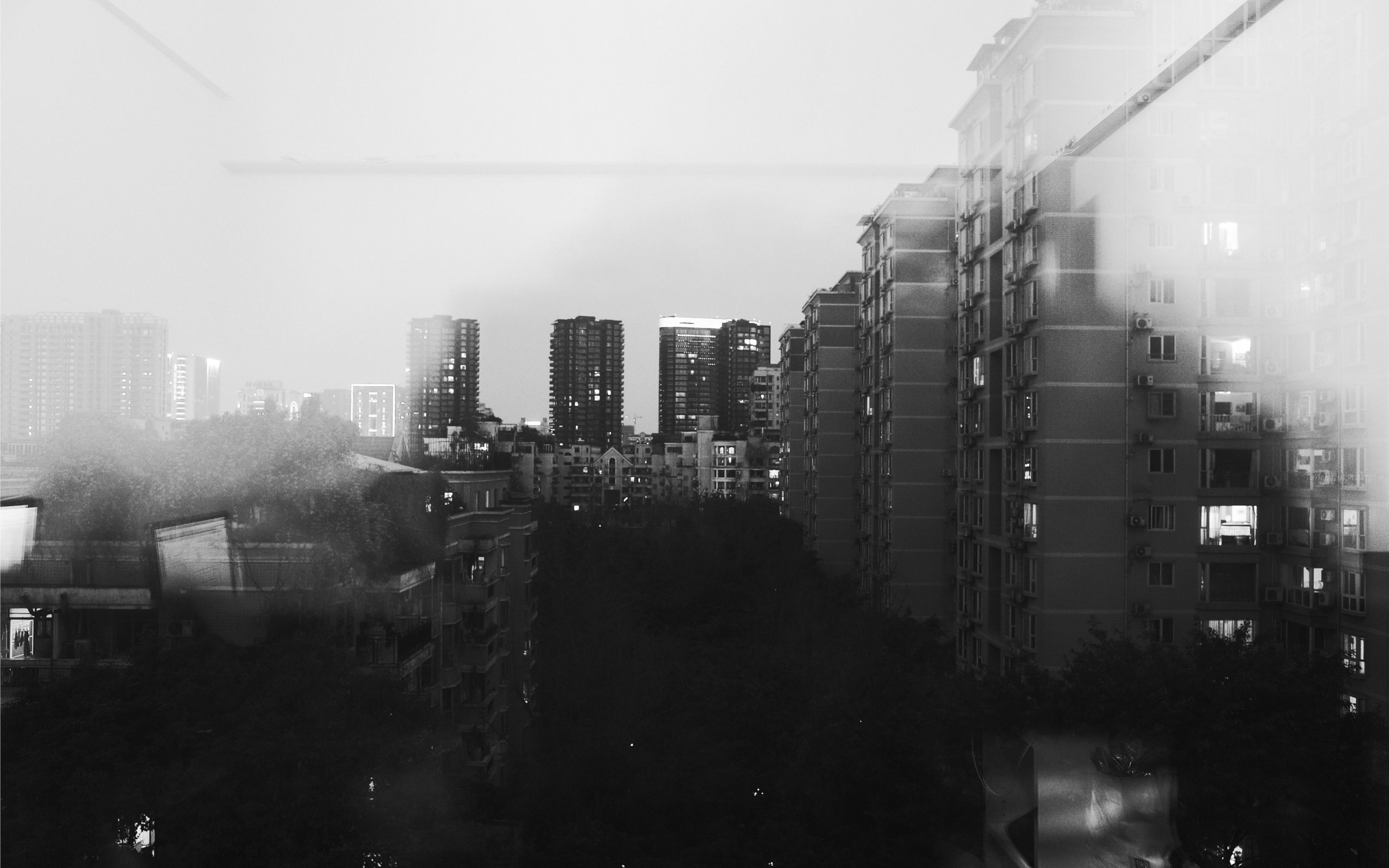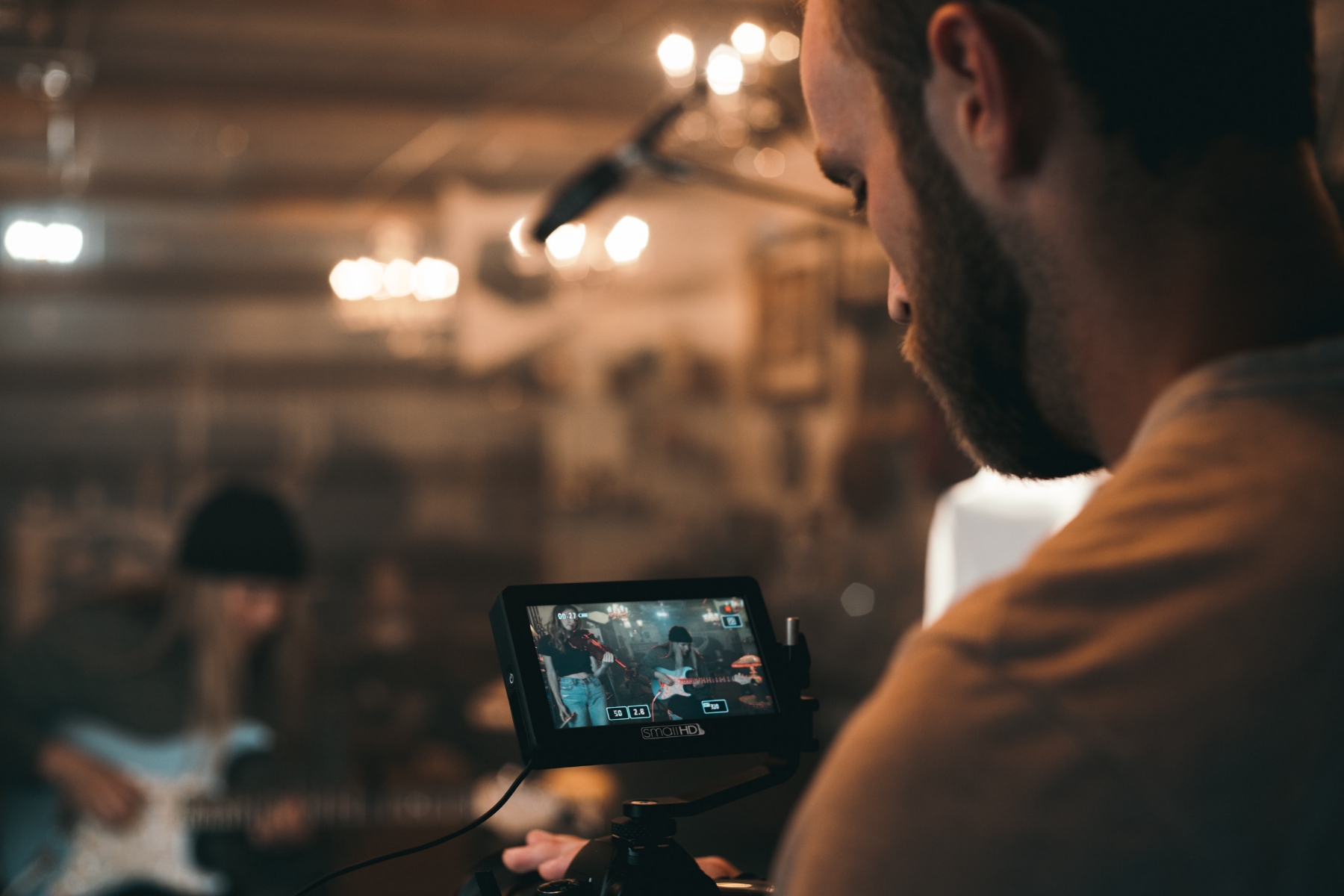Call For Submissions
We seek proposals from scholars, media makers, artists, curators, and others who see documentation as a vital political practice, taking as examples objects and communities from throughout the world and reading Arendt through the lenses of political theory, philosophy, phenomenology, and aesthetics. Submissions may engage Arendt’s work and her concepts directly, obliquely, or implicitly. We also welcome proposals for interviews and co-authored essays.
Selected contributors will be notified by the end of January and should submit article drafts of between 4500 and 6000 words by April 15.
Make a SubmissionSubmission Example
“In The Presence of Others”: Hannah Arendt and Documentary
Nicholas Gamso and Jason Fox
“A world of things is between those who have it in common, as a table is located between those who sit around it; the world, like every in-between, relates and separates men at the same time.” (The Human Condition)
For the exilic philosopher Hannah Arendt, politics names a world held in common. In her writings on revolution, totalitarianism, and violence, Arendt argues that governing institutions have failed to redress the loss of such a world. Her mode of critique mourns the tenets of democracy while calling for their regeneration.
How can Arendt’s writings help us rethink the role of documentary in visualizing and producing common worlds? This issue of World Records explores this question, putting Arendt’s work into counterpoint with documentary media and cultures.
The space of documentary produces and visualizes worlds and germinates a contingent, relational politics. Questions of thought, judgment, intersubjectivity, and appearance, as they are enacted or suppressed by documentary methods and cultures, come to bear on the prospects of truly democratic governance and self-expression. Documentary may, in this way, address the dilemmas posed by cultural supremacy, authoritarianism, and the emergence of migrancy as the defining social problem of the twenty-first century. It may light the way to new political formations by producing social objects and engaging their aesthetic traces.
Thinking with Arendt, we ask how the birth of new objects, and the relationships they engender, may bring about a dynamic and participatory public world — the grounds for politics — and transform the ruins of progress into a groundwork for democracy.
This injunction may require us to shift attention from the liberal public sphere, examining political communities formed around subjugation, wordlessness, and resistance, as well as communities historically expelled from the purview of civilizational discourse. So it may also mean addressing Arendt’s failure to take seriously the politics of racial difference and questioning the pretense to universality that appears within much of her corpus.
 Installation view of Fantôme Créole (2005) at Centre Pompidou, Paris, 2005. Four-screen installation, 16mm film transferred to digital, color, 5.1 sound. Installation view of Fantôme Créole (2005) at Centre Pompidou, Paris,
Installation view of Fantôme Créole (2005) at Centre Pompidou, Paris, 2005. Four-screen installation, 16mm film transferred to digital, color, 5.1 sound. Installation view of Fantôme Créole (2005) at Centre Pompidou, Paris,
 Installation view of Fantôme Créole (2005) at Centre Pompidou, Paris, 2005. Four-screen installation, 16mm film transferred to digital, color, 5.1 sound. Installation view of Fantôme Créole (2005) at Centre Pompidou, Paris,
Installation view of Fantôme Créole (2005) at Centre Pompidou, Paris, 2005. Four-screen installation, 16mm film transferred to digital, color, 5.1 sound. Installation view of Fantôme Créole (2005) at Centre Pompidou, Paris,
